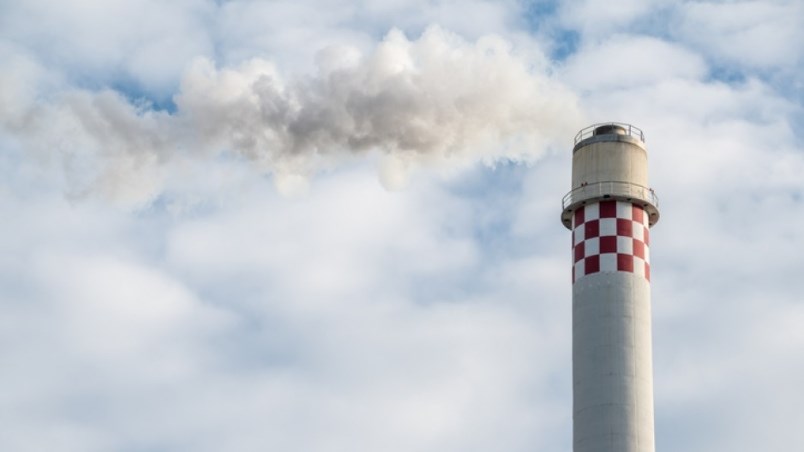A volunteer group concerned about Longmont’s air is hosting a three-part series starting this month on air quality, how it affects health and what can be done to scrub pollutants.
The Longmont Climate Community is sponsoring the Zoom event, on Wednesday, May 19, from 12:30 p.m. to 1:30 p.m. Participants can register to attend or email [email protected].
The event is posted on Facebook at: https://fb.me/e3RJfGMbK.
Part One on May 19 will feature air quality scientist Detlev Helmig, from Boulder A.I.R. and Andrew Klooster, Certified Optical Gas Imaging thermographer and Colorado Field Advocate for Earthworks.
Both will present local data they have gathered concerning spikes in deadly chemicals and toxins in Longmont’s air, according to a news release from the Longmont Climate Community. Scientific measurements and gas imaging thermography will show what harmful chemicals are currently in the air residents' breath, according to the news release.
“This presentation will be really unique because we’ve never really pulled together the data … along with the actual imaging,” Mitzi Nicoletti of Longmont Climate Community said . “We are very eager to understand all of this.”
Part Two of the Zoom series will discuss the health effects from polluted air and Part Three will offer information about how residents can change the current situation, the news release states. The scheduled times for Part Two and Part Three will be announced at the conclusion of the May 19 meeting, Nicoletti said.
Ozone and other air pollutants in Boulder County have been linked to oil and gas development, according to the news release. Boulder County and much of the Front Range has been designated by the EPA as a “serious nonattainment area” for ozone levels — which is an area where air pollution levels persistently exceed the national ambient air quality standards, according to the EPA.
Ground-level ozone can lead to respiratory problems such as coughing, chest discomfort and shortness of breath; long term exposure can cause increased asthma attacks and heart disease, the news release states .


